
Doctor of Pharmacy Program
New Curriculum. Same Bold Mission.
OUR MPACT CURRICULUM
Sharper focus, stronger outcomes:
Our new competency-based curriculum puts UMSOP at the forefront of pharmacy education—making us one of the first schools to implement this approach and ensuring you’re fully prepared for real-world practice.
Less overload, more impact:
We’ve streamlined our curriculum to focus on what matters most—because meaningful learning comes from quality, not quantity. You’ll have space to focus, absorb, and succeed.
More real-world experience—earlier:
We’re expanding introductory experiential learning in the first and second years, plus adding advanced practice opportunities— giving you more hands-on training, earlier. It’s not just about skillbuilding—it’s about discovering your interests, exploring career paths, and stepping into your future ready to lead from day one.
Courses that reflect the future:
We’ve streamlined content, added a focused pharmacology series, and launched new courses in NAPLEX prep, career readiness, interprofessional collaboration, and a contemporary seminar series that explores emerging issues and hot topics shaping the future of pharmacy.
This isn’t just a curriculum refresh—it’s a transformation built for bold, curious minds like yours.
The pharmacist who leads. The one who inspires. The one they’ll remember. Our new curriculum helps you become that pharmacist.
EXPERIENTIAL LEARNING
The Experiential Learning Program (ELP) at the School of Pharmacy provides structured educational opportunities in actual practice settings, under the supervision of and interaction with qualified preceptors - practicing pharmacists and other professionals who volunteer their time to help students apply the knowledge learned in the classroom. The School has more than 850 preceptors at sites such as community pharmacies, hospitals, nursing homes, government agencies, and pharmaceutical companies. Students begin experiential rotations during their first year.
pharmacy.umaryland.edu/about/offices/elp/students
Some Experiential Learning Sites Include:
Astra Zeneca
Centers for Medicare and Medicaid Services
CVS Pharmacy
International Opportunities
The Johns Hopkins Hospital
Kaiser Permanente
National Institutes of Health
University of Maryland Medical Center
UPMC Western Maryland
U.S. Food and Drug Administration
Walgreens Pharmacy
Walter Reed National Military Medical Center
Dual Degrees
PharmD/JD University of Maryland Francis King Carey School of Law
PharmD/MBA University of Baltimore Merrick School of Business
PharmD/MBA University of Maryland Robert H. Smith School of Business
PharmD/MPH University of Maryland School of Medicine
PharmD/MS Medical Cannabis Science and Therapeutics
PharmD/MS Palliative Care
PharmD/MS Pharmacometrics
PharmD/MS Regulatory Science
PharmD/PhD Pharmaceutical Health Services Research
PharmD/PhD Pharmaceutical Sciences
Pharmacy combines my interest for helping people and giving back to the community, while integrating my love for science. As a student, I’ve formed many meaningful connections with fellow students and faculty, who have our best interests in mind. It’s such a supportive environment and just like a family.
— SANA BEHDIN, STUDENT PHARMACIST
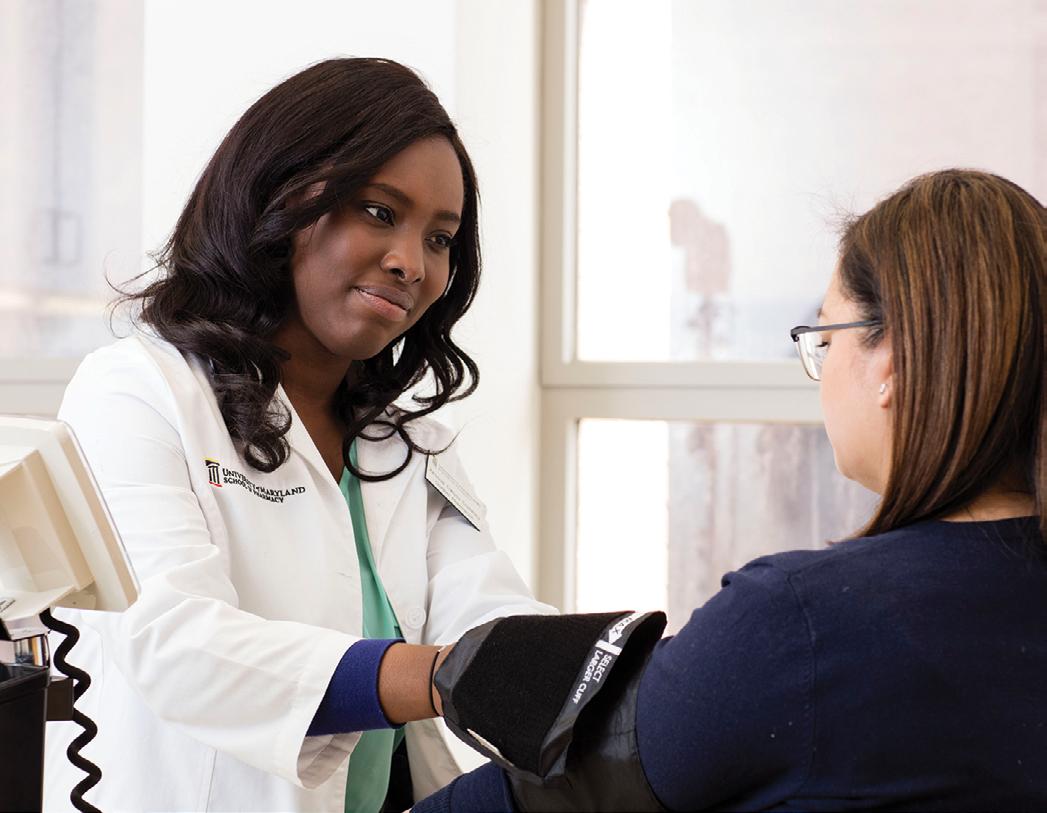
SKILLS LABS INCLUDE COMMUNITY, HOSPITAL, AND OBJECTIVE STRUCTURED CLINICAL EXAMINATIONS (OSCE)
Essential Skills for Pharmacy Practice is a consecutive six-semester course sequence beginning in the Fall of the first professional year. Guided by the Pharmacists’ Patient Care Process and in alignment with the therapeutics curriculum, each successive course builds upon previous courses. Students develop and then achieve proficiency in essential skills required for successful experiential rotations and contemporary pharmacy practice.
UNIVERSITY OF MARYLAND
SCHOOL OF PHARMACY
Established in 1841
FULL-TIME
PRECEPTOR FACULTY
5:1 STUDENT/FACULTY RATIO
At the University of Maryland School of Pharmacy (UMSOP), we know the future of pharmacy is changing - and we’re leading that change with a bold new curriculum designed to help you thrive. Here, you’ll gain the skills, experience, and mindset to make an M-Pact on patients, communities, and the profession.
UMSOP breathed life into my entrepreneurial spirit through research, networking, and leadership opportunities that were afforded to me via its interdisciplinary network, professional schools, and communities. Looking back, my time there showed me that I wasn’t solely defined by the letters after my name, and that I could make a greater impact in my career when thinking outside the box and collaborating with people and communities from different walks of life.
— KUN YANG, PHARMD ’15
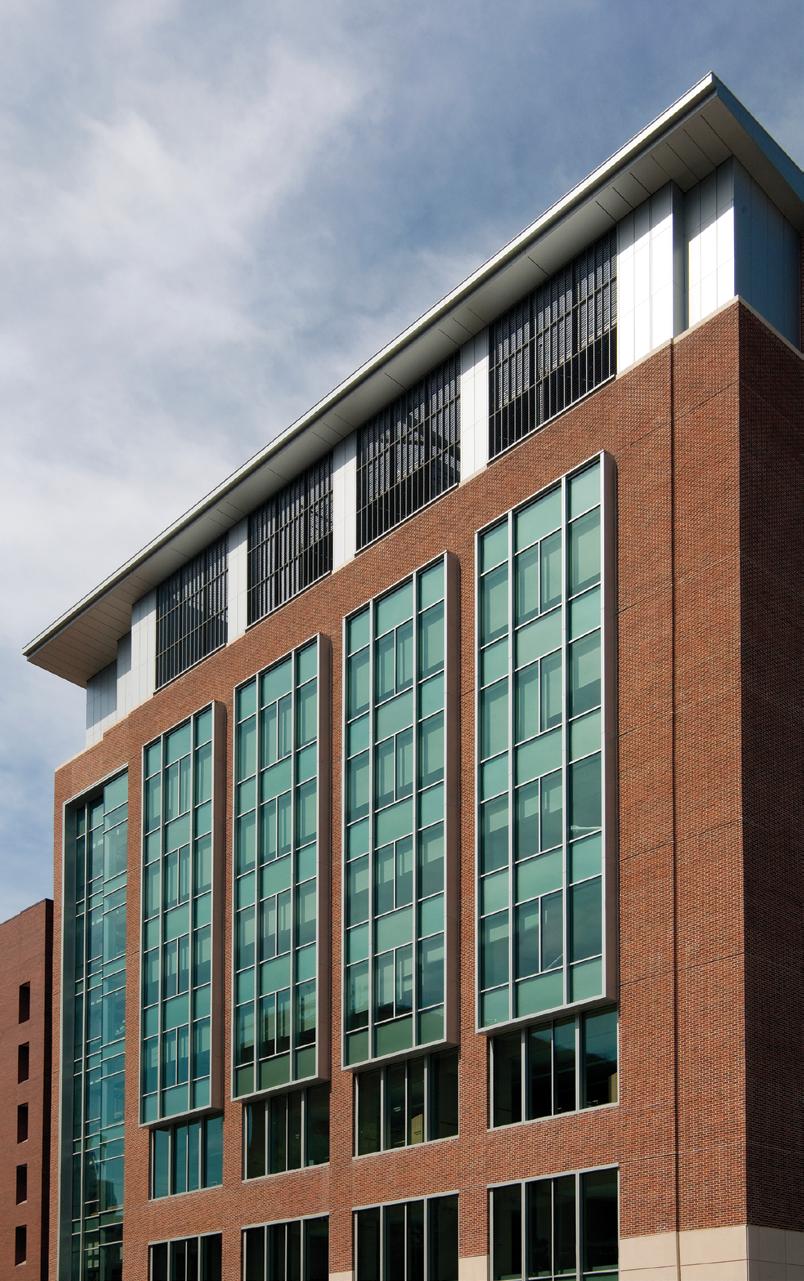
Faculty members are experts in community pharmacy, infectious diseases, mental health, palliative care, oncology, geriatrics, computational biology, synthetic chemistry, pharmacogenomics, nanobiotechnology, comparative effectiveness research, public health, pharmacoeconomics, and pharmacoepidemiology.
WHY PHARMACY?
1
Earn a doctorate in as little as six years – the Doctor of Pharmacy program is a four-year commitment and an undergraduate degree isn’t required for pharmacy school. With two years of prerequisite courses, you can be a pharmacist in just six years.
Pharmacy is a diverse career – with a PharmD degree, you can practice in community pharmacies, hospitals, long-term care settings, and in a wide variety of other sites, including the federal government, the pharmaceutical industry, and higher education.
2 3 4 5
Pharmacists are often the most accessible member of the health care team – with a pharmacy in nearly every neighborhood in America, you will be a trusted source of health care information for the patients you serve. Pharmacy regularly ranks as one of the most trusted professions.
A pharmacist’s job is increasingly complex – while medication dispensing is still a key role for pharmacists, they also provide direct patient care through the administration of vaccines, blood pressure monitoring services, cholesterol screening, diabetes disease management, smoking cessation consultation, and bone density scans for osteoporosis screening.
The pharmacist is the medication expert on the health care team – there is a push in the United States for patient care to be provided by interdisciplinary teams of health care professionals. The pharmacist is the medication expert on that team, providing guidance and recommendations on appropriate use of medications to treat a variety of diseases and illnesses.
WHY THE UNIVERSITY OF MARYLAND SCHOOL OF PHARMACY?
U.S. News & World Report ranks the School of Pharmacy 15th among more than 140 accredited schools of pharmacy in the country.
Location
Located in downtown Baltimore, the School of Pharmacy is close to nationally ranked hospitals, the pharmaceutical industry, and government agencies in Maryland, Washington, DC, and Virginia.
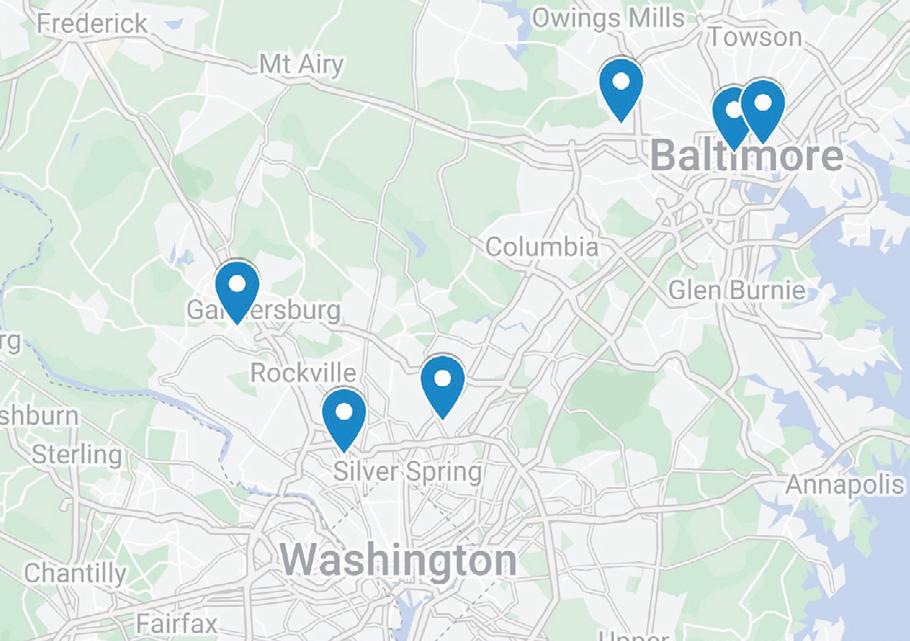
My PharmD was integral to both landing and excelling at my job. Having a strong clinical and scientific background allows me to grasp concepts quickly and put to use what I learned in pharmacy school.
— MENA GABALLAH, PHARMD ‘18, JD
DIVERSITY
We have a very diverse student body with more than 44 non-English languages spoken. Our students are citizens of 31 different countries.
Opportunities
With a network of more than 7,000 alumni across the country and around the world, the School of Pharmacy provides students with connections to internships and jobs at federal agencies and top ranked companies.
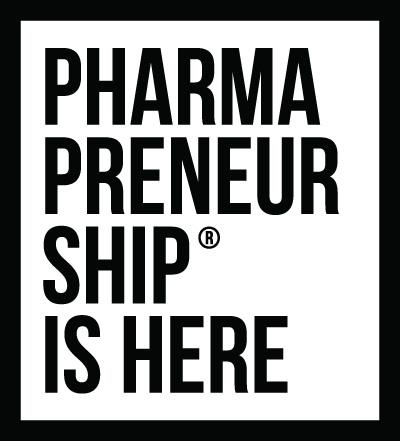
At the University of Maryland School of Pharmacy, Pharmapreneurship® is more than a concept—it’s a mindset. Here, students don’t just learn about health care—they help improve it. Through a rich ecosystem of courses, mentorship, and real-world experiences, you’ll have the tools to take what you learn in the classroom and apply it to solve meaningful problems. What sets us apart is a culture of collaboration. As a PharmD student, you’ll have opportunities to team up with peers across medicine, nursing, social work, law, business, engineering, and academic medical centers. Whether you’re exploring innovations in patient care, launching a new service, or optimizing workflows, you’ll be supported by a community that empowers bold thinking and action.
STUDENT LIFE
Students at the University of Maryland School of Pharmacy have the opportunity to participate in more than 20 student organizations, ranging from community outreach, professional development, and social interaction. Pharmacy students are the most active student population on campus with over 800 events per year. To see a list of the student organizations, visit pharmacy. umaryland.edu/studentorg/.
Community Events | Drug Take Back Days | Immunization Clinics Health Fairs | Educational Trainings | Charity Drives | Tutoring
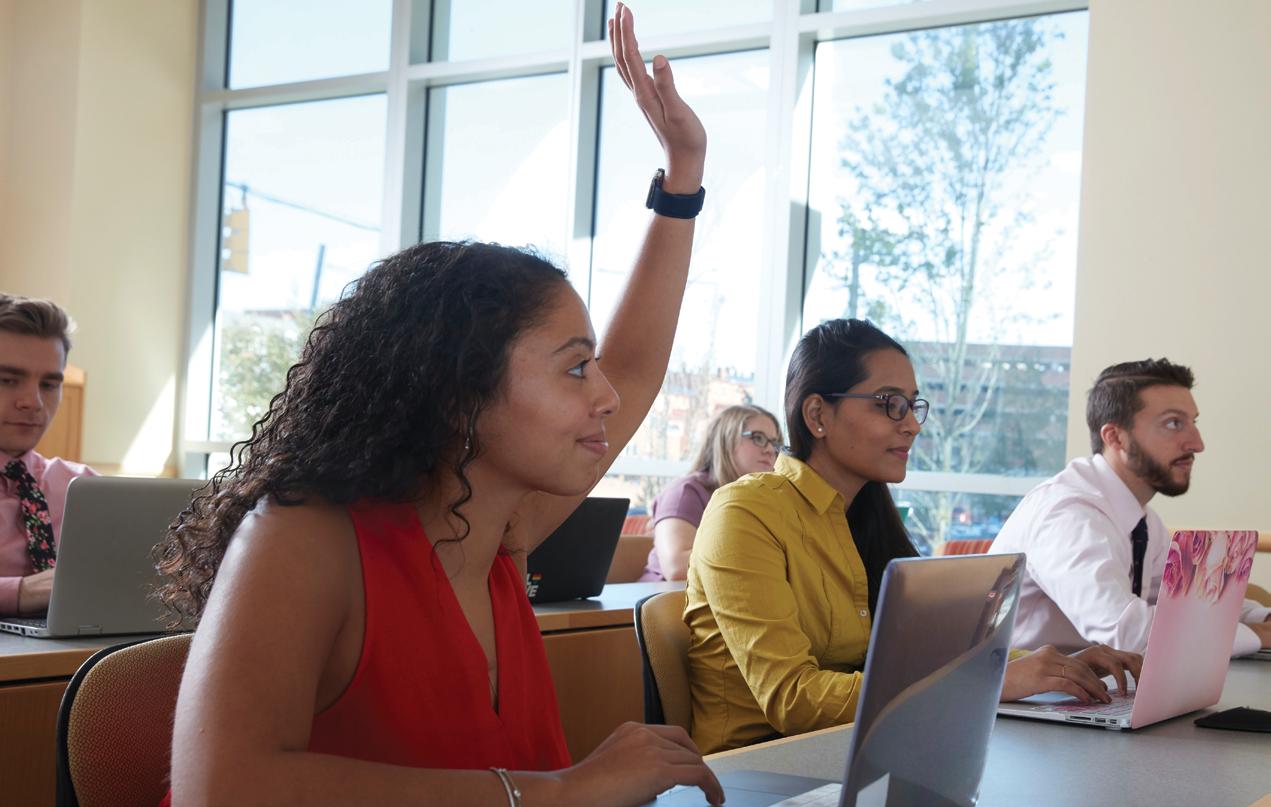
STUDENT RESOURCES
The University of Maryland School of Pharmacy and the University of Maryland, Baltimore offer a full range of support services and amenities for students:
Health Sciences and Human Services Library
Seven Scholars Bookstore
Tutoring
Writing Center
URecFit Fitness Center
Student Counseling Center
International Student Office
Educational Support/ Disability Services
SMC Campus Center
Shuttle Service
Student Financial Services
Career Navigation
WHERE WILL THE UNIVERSITY OF MARYLAND SCHOOL OF PHARMACY TAKE YOU?
Wherever and however you decide to practice pharmacy, you are entering one of the most respected and trusted professions in the nation. The University of Maryland School of Pharmacy prepares students to be creative, adaptable, and innovative in their careers.
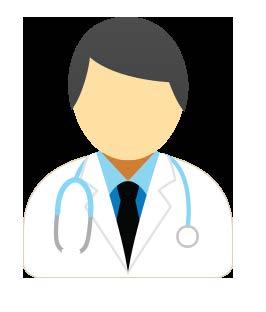
UMSOP is in the top third of all pharmacy schools for number of PGY1 residencies matched in 2025 through ASHP.
#2

UMSOP is ranked #2 for students pursuing pharmacy industry fellowships, with 34 of our PharmD grads in the 2024-2025 cohort.
*per IPhO
I chose UMSOP for its curriculum, which allowed me to select electives to meet my interests and find my niche in pharmacy. UMSOP has a lot of opportunities, from student government and interprofessional education to research and community engagement.
–REGINALD BRISCOE III, STUDENT PHARMACIST
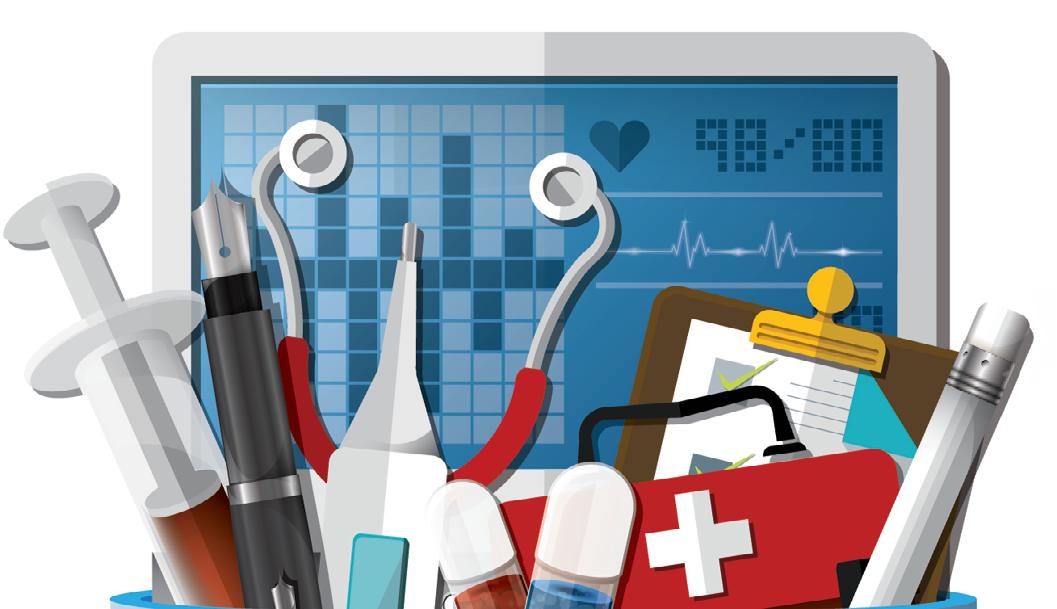
CLINICAL SPECIALIZATIONS
Clinical pharmacists bring unique expertise and value to the health care system. These career paths usually require 1-2 years of additional residency and/or fellowship training. Clinical pharmacy specialties include:
CARDIOLOGY
CRITICAL CARE
DIABETES
EMERGENCY MEDICINE
HEALTH SYSTEM MANAGEMENT
INFECTIOUS DISEASE
INFORMATICS
INTERNAL MEDICINE
INVESTIGATIONAL
DRUG SERVICE
LONG-TERM CARE/
GERIATRICS
NEUROLOGY
ONCOLOGY
PALLIATIVE CARE
PEDIATRICS
PHARMACOGENOMICS
PHARMACOTHERAPY
POISON CONTROL
PSYCHIATRY
TRANSPLANT
The School of Pharmacy’s
Career Navigation program provides students with advice and resources for career planning and assists with career development strategies.
The Career Navigation program organizes:
Internship Fairs
Career Fairs
Resume Reviews
Mock Interviews
Networking with Employers
Roundtables
One on one Coaching
OUR ALUMNI WORK IN ACADEMIA
AMBULATORY CARE
CLINICAL PHARMACY
COMMUNITY PHARMACY
GOVERNMENT/ FEDERAL PHARMACY/ PUBLIC HEALTH SERVICE
HOME HEALTH CARE
HEALTH SYSTEM PHARMACY
MANAGED CARE
MEDICAL CANNABIS
PHARMACEUTICAL INDUSTRY
PHARMACY LAW/ REGULATORY AFFAIRS/ PUBLIC POLICY
POISON CENTER
PUBLIC HEALTH
RESEARCH
SPECIALTY PHARMACY
AND MANY MORE!

